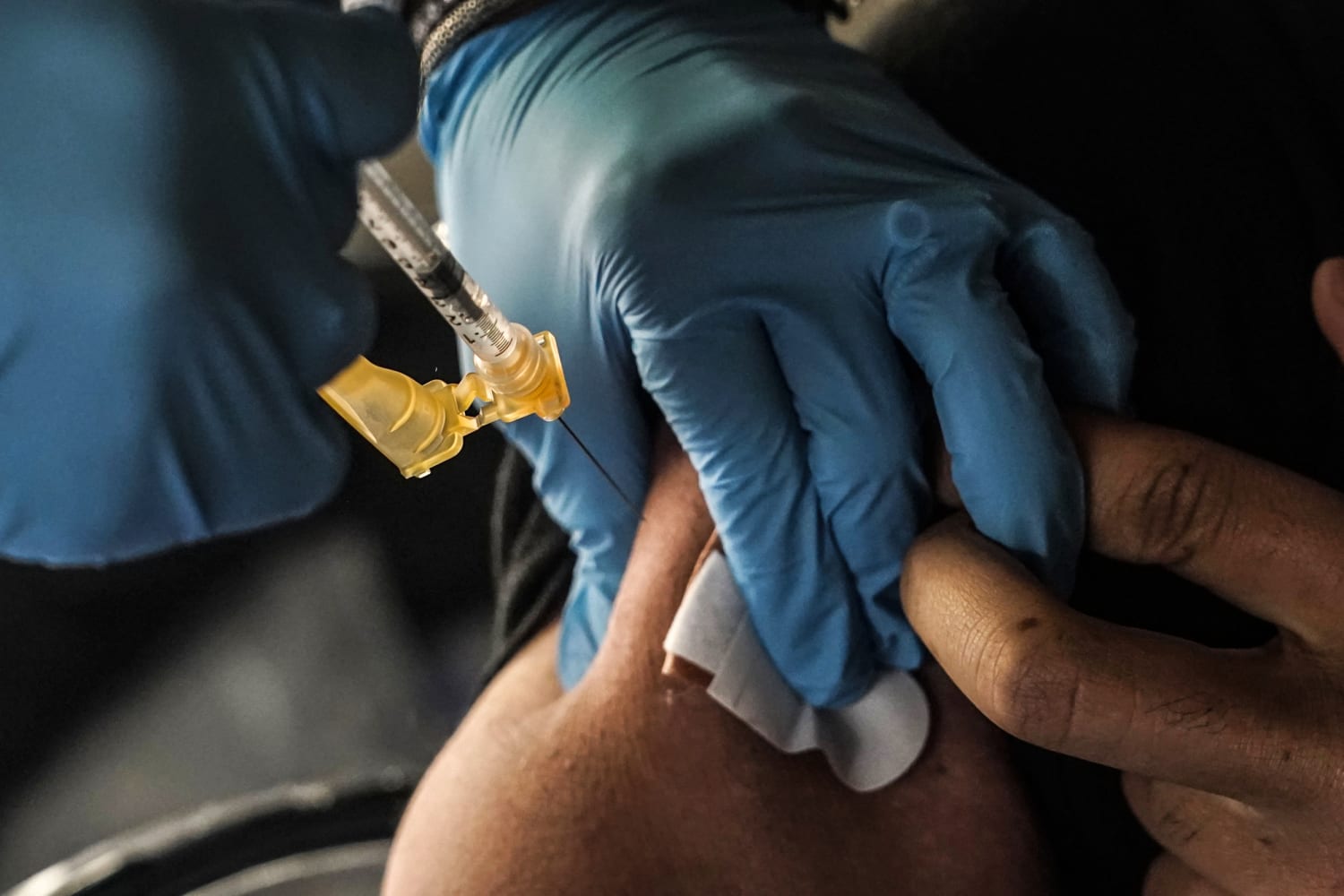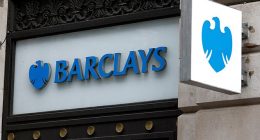The Food and Drug Administration plans to green light updated versions of the Covid booster as early as Friday, according to four people familiar with the agency’s plans.
The latest shots are designed to target the XBB.1.5 omicron subvariant. Though this particular strain is no longer dominant, the boosters should still provide protection against current circulating subvariants, which are closely related, the drugmakers and experts say.
The Friday timeline for authorization is not firm and could slide into early next week, two of the sources said.
That could prompt further criticism from some doctors who say that federal health agencies are acting too slowly in the booster rollout as Covid cases and hospitalizations are once again rising.
Two sources who spoke to NBC News indicated the FDA is exploring the possibility of granting the boosters a full approval license instead of an emergency use authorization, a departure from the approach used for previous Covid vaccine authorizations. However, it remains uncertain whether this is still the intended course of action.
Following the FDA’s sign off, the Centers for Disease Control and Prevention and its advisory committee will issue their own recommendations about who should get the shots and how they should be used. The agency’s Advisory Committee on Immunization Practices is expected to vote during a scheduled meeting Tuesday. The CDC’s director, Dr. Mandy Cohen, could sign off on the boosters shortly after the meeting, allowing vaccinations to begin.
About 97% of adults have some level of protective immunity, according to data shared by government officials. However, since immunity from previous infections and vaccinations diminishes over time, officials are aiming to shore up protection as people spend more time indoors during the fall and winter months.
For the first time since Covid vaccines have been available, however, the cost of the shots will not be covered by the federal government.
Pfizer and Moderna have indicated the list price for the vaccines will be $110 to $130 per dose.
Whether and when someone will be able to get those shots will depend on their insurance coverage, according to Jennifer Kates, director of the Global Health & HIV Policy Program at the nonprofit KFF.
Most people with private and public health insurance should continue to pay nothing out of pocket for the vaccines, Kates said. If a person gets the vaccine out of network, however, it could carry a cost.
Some people without insurance may be able to get a booster free from safety net providers, such as community health centers, but others may have to pay the full cost. The Biden administration has also announced a “bridge” program that will offer uninsured people access to free boosters at least through the end of 2024.
Novavax’s vaccine, which has not been granted full FDA approval yet but instead is available through emergency use authorization, will continue to be covered, Kates said.
Follow NBC HEALTH on Twitter & Facebook.
Source: | This article originally belongs to Nbcnews.com










